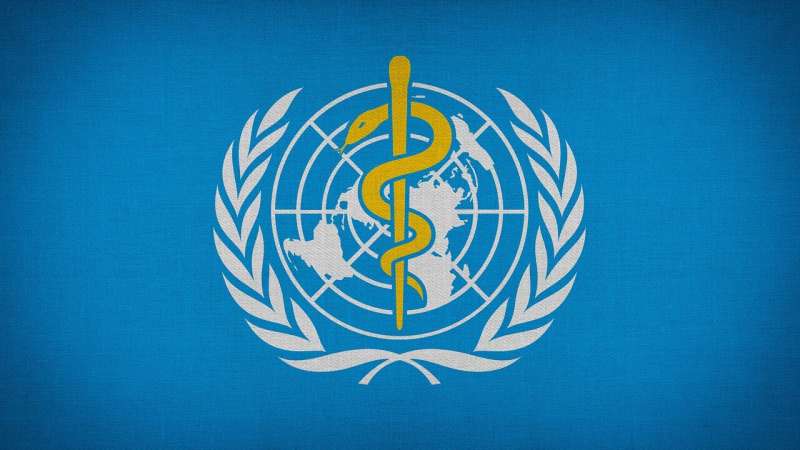This article has been reviewed according to Science X's editorial process and policies. Editors have highlighted the following attributes while ensuring the content's credibility:
fact-checked
reputable news agency
proofread
Mpox 'not the new Covid', says WHO

The mpox outbreak is not another COVID-19, the World Health Organization said Tuesday, because much is already known about the virus and the means to control it.
While more research is needed on the Clade 1b strain which triggered the UN agency into declaring an international health emergency, the spread of mpox can be reined in, the WHO's European director Hans Kluge said.
"Mpox is not the new COVID," he said.
"We know how to control mpox. And, in the European region, the steps needed to eliminate its transmission altogether," he told a media briefing in Geneva, via video-link.
In July 2022, the WHO declared an emergency over the international outbreak of the less severe Clade 2b strain of mpox, which mostly affected men who have sex with men. The alarm was lifted in May 2023.
"We controlled mpox in Europe thanks to the direct engagement with the most affected communities," said Kluge.
Robust surveillance, investigating case contacts, behavior changes in the affected communities and vaccination all contributed to controlling the outbreak, he said.
Transmission routes
Kluge said the risk to the general population was low.
"Are we going to go in lockdown in the WHO European region, (as if) it's another COVID-19? The answer is clearly: 'no'," he said.
Clade 1b is spreading mainly through sexual transmission among adults.
Kluge said it was also possible that someone in the acute phase of mpox infection, especially with blisters in the mouth, may transmit the virus to close contacts by droplets, in circumstances such as in the home or in hospitals.
"The modes of transmission are still a bit unclear. More research is required," he said.
WHO spokesman Tarik Jasarevic said the agency was not recommending the use of masks.
"We are not recommending mass vaccination. We are recommending to use vaccines in outbreak settings for the groups who are most at risk," he added.
The WHO declared an international health emergency on August 14, concerned by the rise in cases of Clade 1b in the DR Congo and its spread to nearby countries.
Clade 1 split
There are two subtypes of mpox: the more virulent and deadlier Clade 1, endemic in the Congo Basin in central Africa; and Clade 2, endemic in West Africa.
Clade 1b is a new offshoot of Clade 1, which is now called Clade 1a.
The Clade 1b outbreak in northeastern DRC was first detected in September last year and is spreading rapidly.
Catherine Smallwood, WHO Europe's emergency operations program area manager, explained that the split of Clade 1 into 1a and 1b reflects "change in the evolution of the virus."
Clade 1a traditionally has outbreaks resulting from infections from sick animals, with some limited follow-on transmission between humans at the household level, or within communities.
But with Clade 1B, "we have not isolated or detected zoonotic transmission of Clade 1b," said Smallwood.
"So it seems to be a strain of the virus that's circulating exclusively within the human population."
Experts are trying to work out if there is a difference in disease severity between Clades 1a and 1b.
Vaccines
The available vaccines were originally developed for smallpox, and are effective against other viruses in the wider orthopoxvirus family, such as mpox.
Two mpox vaccines have been used in recent years—MVA-BN, produced by Danish drugmaker Bavarian Nordic, and Japan's LC16.
There is also ACAM2000, a second-generation smallpox jab approved in the United States.
Whether a person vaccinated post-exposure to mpox goes on to develop the disease depends on the early administration of the vaccine, said Smallwood.
Vaccines can also be used preventatively in people likely to be exposed to the virus.
Jasarevic said results from effectiveness studies indicated that a good level of protection was provided against mpox following vaccination.
However, it takes several weeks to develop immunity after being vaccinated.
© 2024 AFP


















